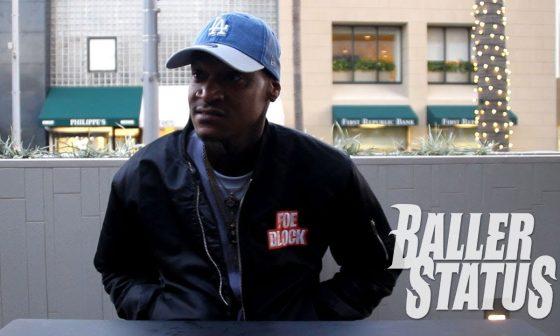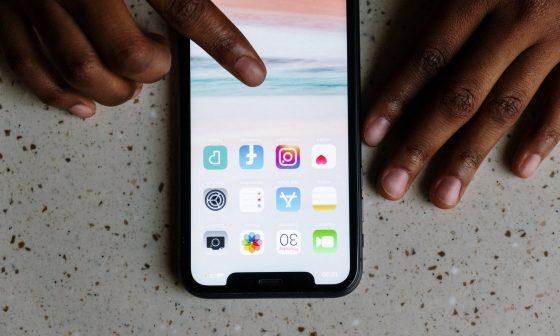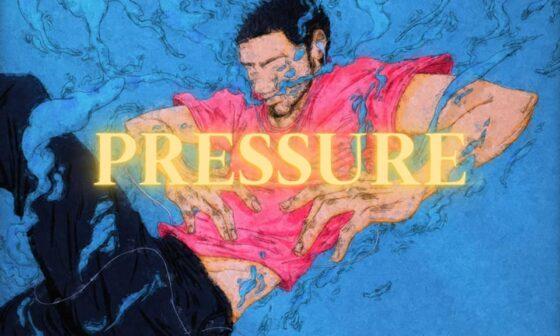In today’s digital age, it’s hard to overlook TikTok’s undeniable impact on the music industry, especially when it comes to hip-hop. The app, known for its catchy dance challenges and viral trends, has become a powerful platform for propelling songs to the top of the charts. But what makes TikTok such an effective launchpad for hip-hop hits, and how is it reshaping the way artists create and promote their music? Let’s dive into the phenomenon.
How TikTok Drives Hip-Hop Success
TikTok’s unique algorithm is designed to make content discoverable, and music plays a crucial role in this. When users create videos using a particular song, it gets pushed out to millions of viewers, often resulting in a viral trend. Hip-hop tracks, with their energetic beats and memorable lyrics, are especially well-suited for this kind of engagement.
For example, consider how Lil Nas X’s “Old Town Road” became a global sensation in 2019. While this was before TikTok reached its current level of influence, it set the precedent for how the platform could drive a song’s success. The song’s viral appeal was fueled by TikTok users creating thousands of videos set to its catchy chorus, leading to record-breaking chart performance. According to Billboard, the song went on to top the Billboard Hot 100 for a record 19 weeks.
The Recipe for a TikTok Hit
So, what makes a hip-hop song go viral on TikTok? There are a few key elements:
- Catchy Hooks and Lyrics: Songs that feature memorable or relatable lines are more likely to inspire user-generated content. For instance, Coi Leray’s “Players” gained massive traction in 2023, thanks to its easily remixable hook and lyrics that resonated with TikTok creators.
- Danceability: Hip-hop tracks that encourage dance challenges or choreography have a higher chance of going viral. A perfect example is “Toosie Slide” by Drake, which was released with a dance challenge that quickly took over the platform, cementing the song’s success.
- Unique Sounds: Songs that stand out sonically are more likely to be picked up for creative TikTok trends. Ice Spice’s rise to fame can be attributed in part to her distinctive delivery and sound, which made her music perfect for lip-sync and transformation videos.
The Influence of TikTok Trends on Music Production
The impact of TikTok isn’t limited to promoting existing songs; it’s also changing the way hip-hop artists approach music production. Artists and producers are increasingly tailoring their music to the platform, focusing on creating hooks that can be used in 15- to 30-second clips. According to an article from Rolling Stone, many musicians now consider TikTok virality as part of their creative process.
For example, Doja Cat, known for hits like “Say So,” has openly acknowledged the role TikTok plays in her music’s success. She strategically incorporates catchy, danceable elements into her songs, making them irresistible to TikTok users. Her rise to stardom highlights how TikTok can serve as a launchpad for artists willing to adapt to the platform’s trends.
TikTok’s Role in Chart Performance
Songs that gain traction on TikTok often see a significant boost in streaming numbers and digital sales, directly impacting their chart performance. The Billboard Hot 100 now takes into account streaming data, which means a viral TikTok song can quickly climb the ranks. In some cases, songs that have been out for years find new life thanks to TikTok trends.
Take “Running Up That Hill” by Kate Bush as an example. Although not a hip-hop track, its resurgence in 2022, fueled by TikTok and the Netflix show Stranger Things, demonstrates the platform’s power to resurrect old hits. In the hip-hop world, artists like Ski Mask the Slump God have also seen older tracks re-enter the charts due to TikTok exposure.
Challenges and Criticisms
Despite its benefits, TikTok’s influence on the music industry isn’t without controversy. Some critics argue that the platform’s focus on short, viral clips oversimplifies music, encouraging artists to prioritize catchiness over substance. Additionally, the pressure to create TikTok-friendly content can be stifling for musicians who prefer to focus on artistic expression.
However, artists who adapt to the platform’s demands can see incredible benefits. Even established hip-hop acts are leveraging TikTok to stay relevant. For example, Tyga has embraced the platform, releasing songs with dance challenges and collaborating with TikTok influencers to maintain his visibility.
The Future of Hip-Hop on TikTok
As TikTok continues to evolve, its role in shaping the music industry—and hip-hop, in particular—will likely grow even stronger. With the platform’s ability to make or break songs, artists are finding new ways to engage with their audiences and push creative boundaries. Whether you view TikTok as a blessing or a curse for the music world, there’s no denying its impact.
For now, it seems that TikTok will remain a key player in driving the success of hip-hop hits. As more artists experiment with the platform, we can expect even more innovative and unexpected trends to emerge, keeping the genre fresh and engaging.






